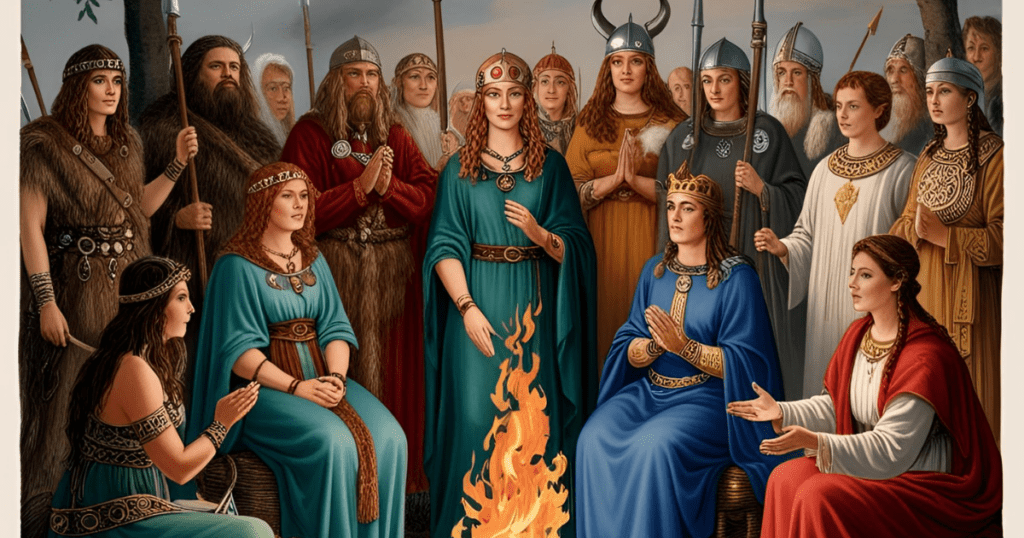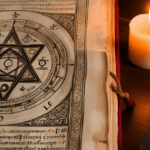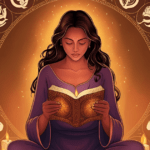Throughout history, pagan leaders have shaped spiritual traditions, influenced cultures, and left a lasting impact on religious practices. From Celtic druids to Viking rulers, these figures played a crucial role in their societies.
But who were the most influential pagan leaders, and how did they shape history?
The Celtic Druids: Keepers of Ancient Wisdom
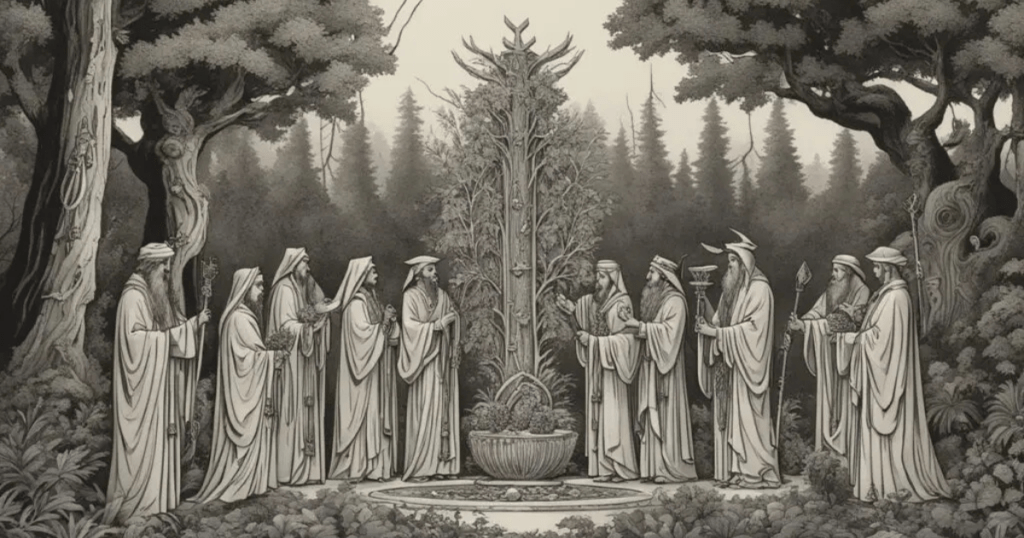
The druids were the spiritual leaders of the ancient Celts, acting as priests, healers, and lawkeepers. Though they left no written records, their influence can be traced through Roman accounts and oral traditions.
Notable Figures:
- Diviciacus – A 1st-century BCE druid from Gaul who was respected by the Romans and even met Julius Caesar.
- Mog Ruith – A legendary Irish druid, believed to possess magical powers and secret knowledge of the elements.
Druids were deeply connected to nature, performing rituals in sacred groves and passing down mystical teachings.
Despite Roman efforts to suppress them, their spiritual traditions continued to inspire modern Druidry. Sexuality and Spirituality in Wicca and Paganism also reflects how ancient pagan practices influence modern spiritual paths.
Boudica: The Warrior Queen of the Iceni
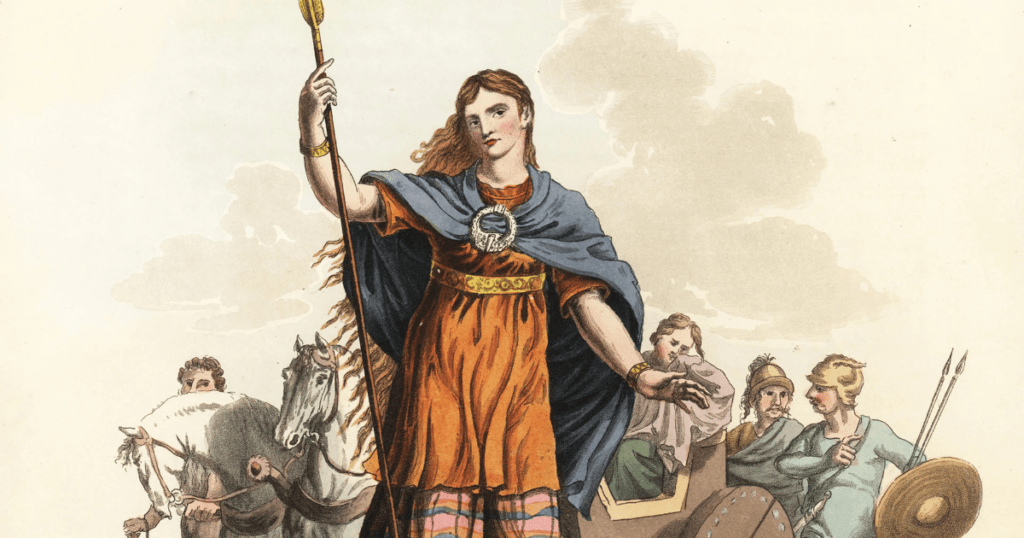
Boudica, the queen of the Iceni tribe in Britain, led a massive rebellion against Roman rule in 60-61 CE. After Roman forces violated her family and seized her lands, she rallied Celtic tribes and destroyed Roman settlements, including Londinium (modern-day London).
Her Influence:
- Symbol of resistance and feminine power in pagan traditions.
- Her story became legendary, inspiring future generations of warriors and nationalists.
Though her rebellion was ultimately crushed, Boudica remains a powerful icon of pagan resilience.
Odin and the Viking Chieftains
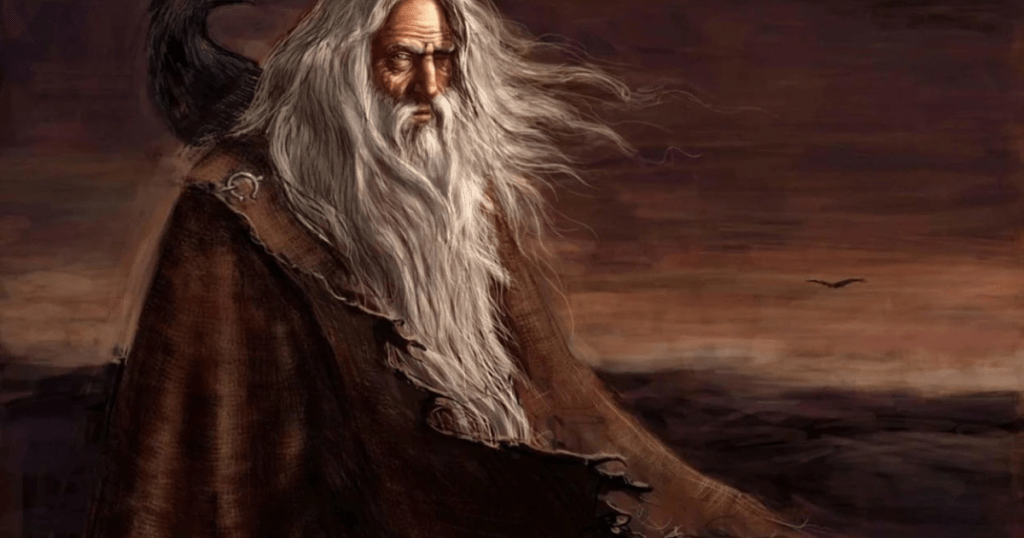
Viking leaders often claimed divine favor from Odin, the Allfather of Norse mythology. These rulers blended politics and spirituality, ensuring that their people remained loyal to the old gods.
Notable Figures:
- Harald Fairhair – The first king of Norway, who unified the Viking tribes while honoring the Norse gods.
- Ragnar Lothbrok – A semi-legendary Viking warrior whose raids and sagas immortalized the power of the gods in battle.
Viking rulers conducted rituals, made sacrifices, and upheld the warrior ethos of Valhalla, keeping pagan beliefs alive even as Christianity spread.
For more on Norse pagan rulers, check out the Viking History Network.
Julian the Apostate: The Last Pagan Emperor of Rome
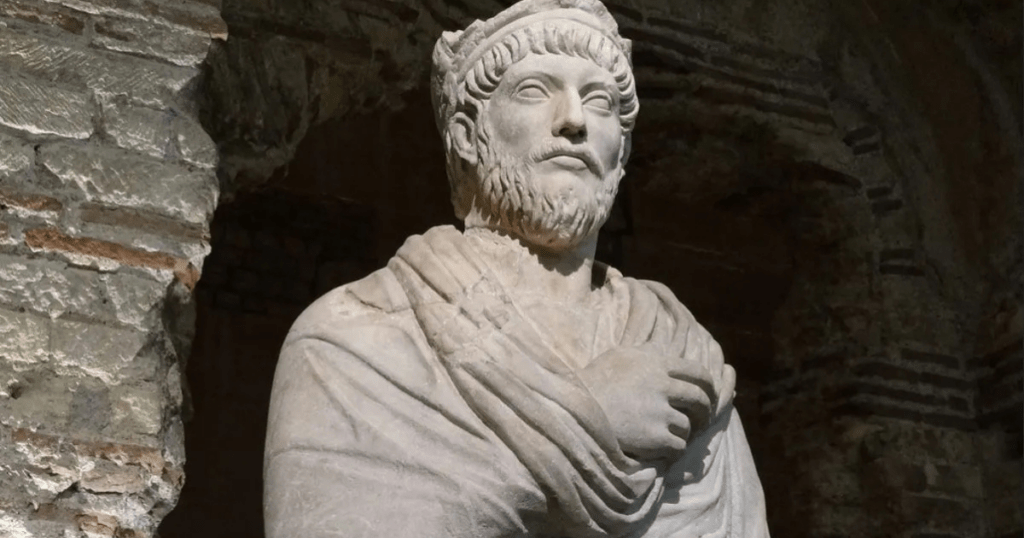
Julian, who ruled the Roman Empire from 361-363 CE, attempted to restore pagan traditions after Christianity had become dominant. Unlike his predecessors, he rejected Christianity and worked to revive the worship of Jupiter, Mithras, and other gods.
His Contributions:
- Rebuilt pagan temples and funded traditional religious practices.
- Encouraged Neoplatonic philosophy, blending Greek and Roman pagan beliefs.
Though his reign was brief, Julian’s efforts represented one of the last major attempts to restore ancient polytheism in the Roman world.
Hypatia of Alexandria: A Pagan Philosopher and Martyr
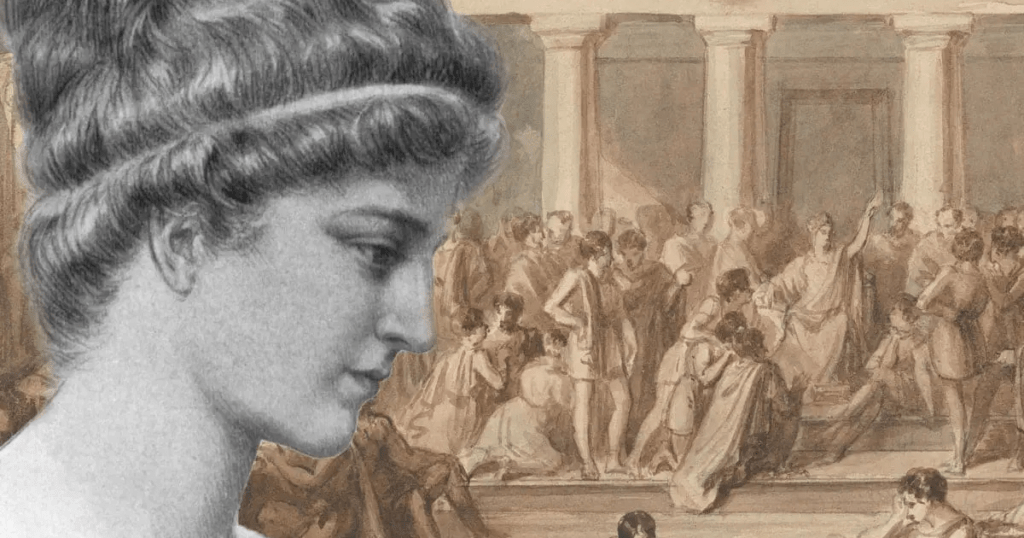
Hypatia was a brilliant scholar, mathematician, and philosopher in 4th-century Alexandria. As a follower of Neoplatonism, she upheld the pagan traditions of Greek philosophy even as Christianity gained power.
Her Legacy:
- Taught astronomy, mathematics, and mystical philosophy.
- Became a symbol of wisdom and resistance against religious oppression.
Hypatia was brutally murdered by a Christian mob, marking the decline of classical paganism in the Roman world. Today, she is revered as a martyr for knowledge and free thought.
Final Thoughts
From druids and warrior queens to Viking chieftains and philosophers, pagan leaders have shaped history in profound ways. Their influence can still be felt in modern spiritual practices, folklore, and cultural traditions.

